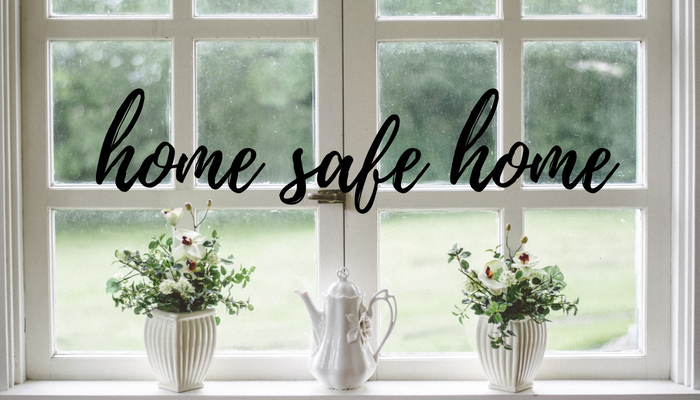Latest statistics from January to March 2018 show burglaries down 10%
Posted on 17th August 2018

You’re suddenly awake, and you don’t know what woke you. You check the luminous dial of your bedside clock. It’s 2.40am. The room is very dark, and for some reason you feel afraid to switch on your bedside lamp. Your heart is thumping in your chest. Was that a noise downstairs?nYou strain your ears but hear nothing. You become aware yet again that you are alone in a dark and silent house, with nobody to call on if in danger.
Your beating heart slowly stills as you begin to relax. Gradually you drift back to sleep. Next morning you recapture briefly that feeling of fear and isolation, and you are grateful it was a false alarm.
Ireland is ageing. In 2016, there were approximately 624,000 people over the age of 65 living in Ireland, representing over 13% of the population, or one in eight. In 2016 there were almost 400,000 Irish people living alone, many older people, some very frail, taking care of themselves as best they can, but all too aware of the night terrors that can descend at any time.
The Central Statistics Office crime index shows that 19,092 burglaries and related offences occurred in 2017, a 3.3% increase on the previous year. However, the good news from PhoneWatch is that the latest statistics from January to March 2018 show an improvement, with burglaries down by 10%.
Many older people are very afraid of break-ins, and these fears are reflected in calls to SeniorLine, particularly as summer moves towards autumn and darker nights lie ahead. Eoin Dunne, Managing Director of PhoneWatch, says there are many steps that householders can take to protect their homes, thereby earning themselves some peace and security. Burglars target homes that appear vulnerable, so making sure your home is more impregnable is a sensible plan.
- Close your windows and lock your doors. Obvious advice perhaps, but one in three of burglars enter through the front door
- Let your light shine. Most burglaries happen between 5-11pm. Make sure your home is well lit during these hours. Use timed switches to come on if not at home
- Don’t update social media about your plans for holidays or days away
- Don’t advertise. Keep valuable possessions away from windows, keep curtains closed at night so as not to draw attention to your visible possessions
- Sleep tight. Lock all exterior doors when going to bed
- Don’t keep spare keys under the mat or a flowerpot. Leave them with a neighbour instead.
- Alarm your home. Surveys show that homes with alarms are less likely to be burgled.
If you are alone day or night and needing the comfort of company and conversation, phone SeniorLine open every day of the year from 10am to 10pm Freefone 1800 80 45 91
You could also investigate the Seniors Alert Scheme (SAS), established to encourage community support for vulnerable older people living at home. The scheme provides funding for a personal monitored alarm, connected to a contact centre to enable aged 65s and over, to continue to live securely in their homes with confidence, independence and peace of mind.
The Scheme is funded by the Department of Rural and Community Development via Pobal with equipment made available through community, voluntary and not-for-profit organisations registered with Pobal under the SAS.
To find out more about the scheme, walk into your local Citizens Information Centre, phone their national number 0761 07 4000, or log on to www.citizensinformation.ie


